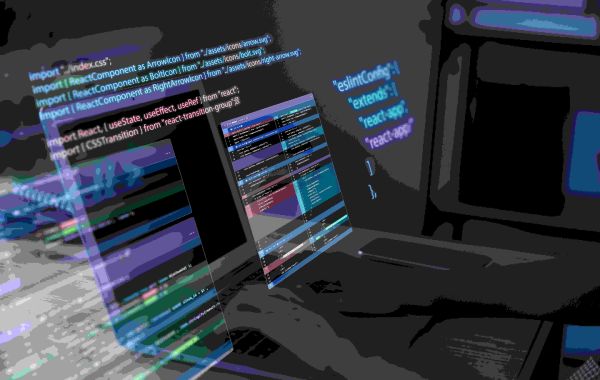Artificial Intelligence (AI) is transforming various industries, and one of the most promising areas of its impact is education. With the advent of AI, learning experiences are becoming more personalized, engaging, and efficient. AI-driven solutions are revolutionizing education, benefiting both students and educators alike. In this blog, we will explore the significant contributions of AI in the education sector, as seen through the lens of a software application development company.
1. The Changing Landscape of Education
- The Digital Transformation: Technology is reshaping how AI in education is delivered and consumed, with online learning and digital resources becoming integral to the educational process.
- Challenges in Traditional Education: Traditional one-size-fits-all approaches to education can fail to cater to individual learning needs and preferences.
- The Need for Personalized Learning: Personalized learning experiences are gaining traction as educators recognize the importance of catering to diverse learning styles and abilities.
2. The Role of AI in Education
- AI-driven Personalization: AI algorithms analyze student data, such as performance, learning preferences, and progress, to tailor learning experiences to individual needs.
- Intelligent Tutoring Systems: AI-powered tutoring systems provide real-time feedback and personalized guidance, helping students navigate through their academic challenges.
- Adaptive Learning Platforms: AI in adaptive learning platforms adjusts the pace and difficulty of content delivery based on a student's performance, ensuring optimal learning outcomes.
3. Enhancing Student Engagement
- Gamification in Education: AI-driven gamified experiences make learning fun, interactive, and rewarding, fostering higher student engagement and motivation.
- Virtual Reality (VR) and Augmented Reality (AR): AI-powered VR and AR applications create immersive educational experiences that enhance understanding and retention.
4. Data-Driven Decision-Making
- Learning Analytics: AI-driven learning analytics provide educators with valuable insights into student progress, performance trends, and learning patterns.
- Early Intervention and Support: AI helps identify struggling students early on, enabling timely interventions and targeted support to improve learning outcomes.
5. Empowering Educators with AI Solutions
- AI-powered Content Curation: AI algorithms curate and recommend relevant and high-quality educational resources, saving educators time in sourcing materials.
- Automated Grading and Assessment: AI automates grading processes for multiple-choice questions and assessments, freeing up educators to focus on personalized feedback.
6. AI and Skill Development
- Promoting Critical Thinking and Problem-Solving: AI-powered applications challenge students to think critically and solve complex problems through interactive scenarios.
- Coding and AI Education: AI facilitates coding education, allowing students to explore the world of programming and automation.
7. Addressing Ethical Considerations and Concerns
- Data Privacy and Security: Ensuring the privacy and security of student data in AI-driven educational applications is crucial.
- Avoiding Bias in AI Algorithms: Developers must work to eliminate biases from AI algorithms to ensure fair and equitable learning experiences for all students.
8. The Future of AI in Education
- Conversational AI and Virtual Assistants: AI-powered chatbots and virtual assistants will provide real-time support and guidance to students, enhancing the learning experience.
- Natural Language Processing (NLP): Advancements in NLP will enable AI applications to understand and respond to human language more accurately and naturally.
- Personalized Learning Pathways: AI will further refine personalized learning pathways, offering dynamic and continuously adaptive educational experiences.
Conclusion:
AI is revolutionizing education in remarkable ways, offering personalized learning experiences, enhancing student engagement, and empowering educators with data-driven insights. With AI-driven tutoring systems, adaptive learning platforms, and gamified experiences, students are benefiting from more interactive and immersive educational journeys. AI's role in supporting educators by automating grading, curating content, and providing valuable data analytics allows them to focus on personalized instruction and support.
As we venture into the future, AI will continue to play an increasingly vital role in education, opening up possibilities for virtual assistants, NLP-enabled applications, and even more personalized learning pathways. It is essential for software application development companies to embrace AI's potential responsibly, addressing ethical considerations and avoiding biases to ensure equitable and inclusive education for all.
With AI-driven solutions at the forefront, the education sector is on the cusp of transformation, ushering in a new era of learning experiences that cater to individual needs and foster a lifelong passion for knowledge acquisition. The future of AI in education is bright, and its impact will undoubtedly leave a lasting impression on the global educational landscape.








